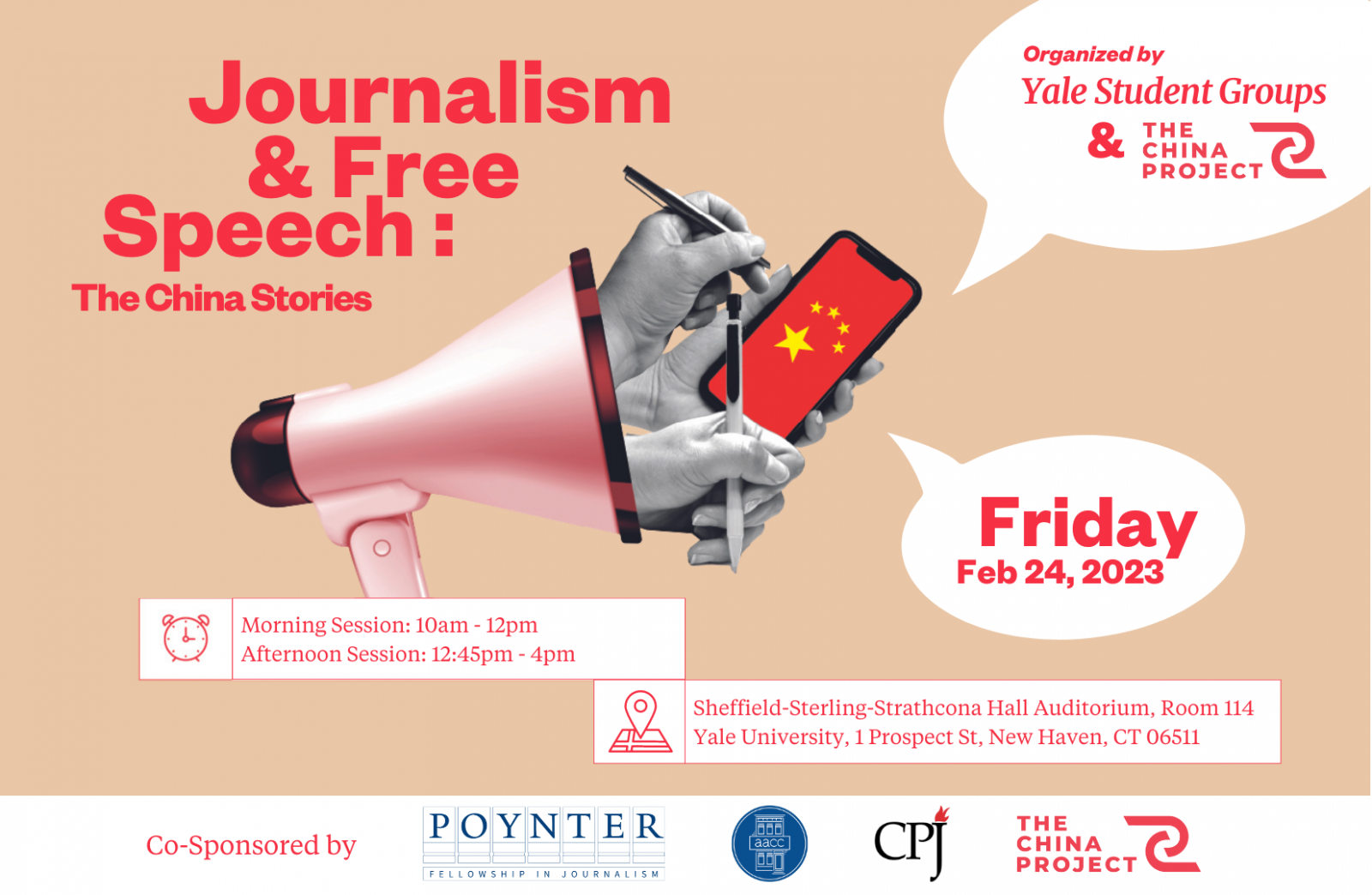
Stories about China dominate international headlines, and journalism is an essential—sometimes the only — channel through which people can learn about the country and understand its global impact. However, knowledge about China, the concept of “China” itself, and what’s worthy of reporting, are constructed and determined by people in newsrooms. And although editors and journalists strive for “objectivity”, their perspectives and methods are inevitably shaped by society with its power dynamics and structural constraints. The traditional norms and ethics taught by American journalism schools are often unsuited to reporting on a country whose “otherness” is embedded in the cultural fabric.
For journalists with first-hand experience of living under a repressive regime, the price of speaking up is high: critical coverage of authoritarian governments can lead to harassment, intimidation, and even imprisonment. In light of this, media outlets in liberal democracies offer indispensable opportunities for critical voices about China to be heard; yet they also create new challenges when the stories about China are told from a point of view that is often eurocentric and sometimes implicitly supportive of white supremacy.
What are the stories of the people who write the China stories? Who are the storytellers? What are the China narratives being told? What are the ethics and responsibilities of journalists, editors, and publishers when it comes to reporting on China? Can we report honestly and accurately on China and its impact without adding to anti-Asian prejudice in the U.S. and other Western countries? And how can we create a more inclusive environment in the global newsroom to tell critical stories?
Join us for panel discussions on these questions and more at the “Journalism and Free Speech: The China Stories” conference, featuring distinguished journalists, scholars, and storytellers from Hong Kong, mainland China, and the U.S., who will probe these crucial and timely topics from their personal experience, professional training, and diverse perspectives.









